I strolled in the city of Bath. The first picture is a monument for victims of World War II. Bath was also bombed during the war. The Germans would have done it. What did they aim to do in such a rural city? By the way, Bath has something to do with Frankenstein and there was a museum about him. I had been eager to drop in, but I couldn't due to the time shortage.
Then, I walked around the Circus, which was one of the sightseeing points. My daughter's apartment is between the Circus and the Royal Crescent. It's a very easy-to-grasp location. There were lots of cars parked in front of both historic buildings. The gaps between cars were extremely short and I felt sympathy for the car owners. It would take time to park or drive out of the parallel parking spaces. Tesla cars automatically park themselves, but even so, it would take time for many lock-to-lock steering.
The last picture is Saracens Head, the oldest pub in Bath, which opened in 1713. According to the audioguide of the city tour bus, the pub was loved by Charles Dickens. He is a well-known novelist, whom even I know, and I really wanted to sit at his regular place in the pub, but I didn't have time to do so due to the following schedule.
(Vocabulary)
easy-to-grasp わかりやすい
parallel parking space 縦列駐車スペース
一人で街をぶらつく。最初の写真は慰霊碑。第二次世界大戦でこの街にも空襲があり、その犠牲者を悼むものだった。おそらくはドイツ軍だろうが、こんな田舎町を爆撃して何が目的だったのだろう?この街はフランケンシュタインゆかりの街だそうで、ミュージアムがあったが明日にしよう、明日にしようと思っているうちに時間がなくなり訪問できず。少し残念。
そして、バースの観光名所の一つ、The Circusを一周した。娘のアパートはこのThe Circusとthe Royal Crescentの間にある。こんなにわかりやすい目印はそうはない。どちらの建物でも車は路上駐車。車間は狭く、入れるのも出すのも大変だろうなあと同情した。テスラ車については自動で縦列駐車をしてくれるが、時間はかかりそうだ。
そして、最後の写真は1713年開店のバースで一番古いパブと言われるSaracens Head。あのディケンズゆかりのパブと観光バスの案内で知った。入ってみたいと思っていたが、次の予定があって立ち寄れず。
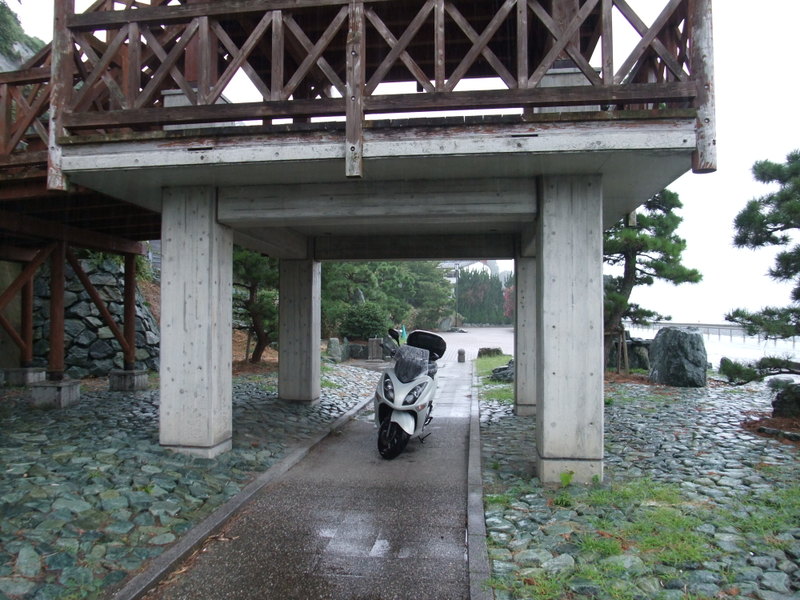
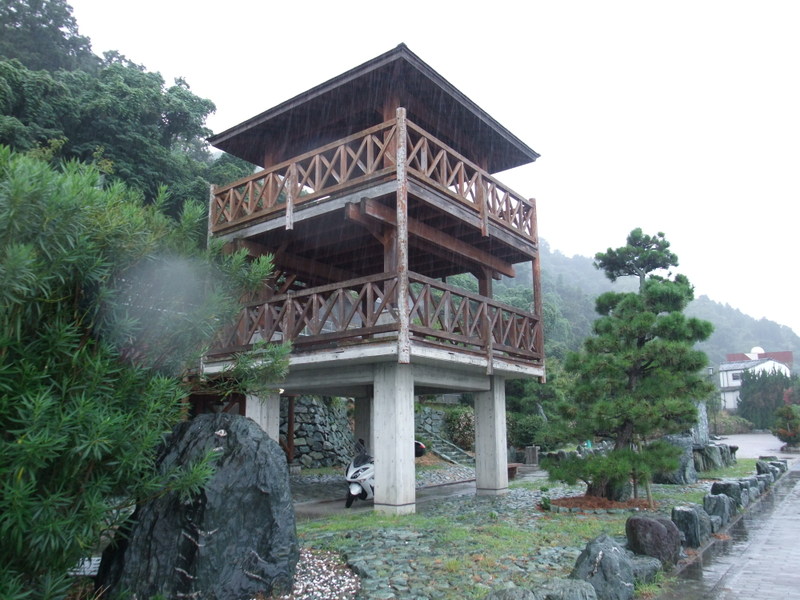

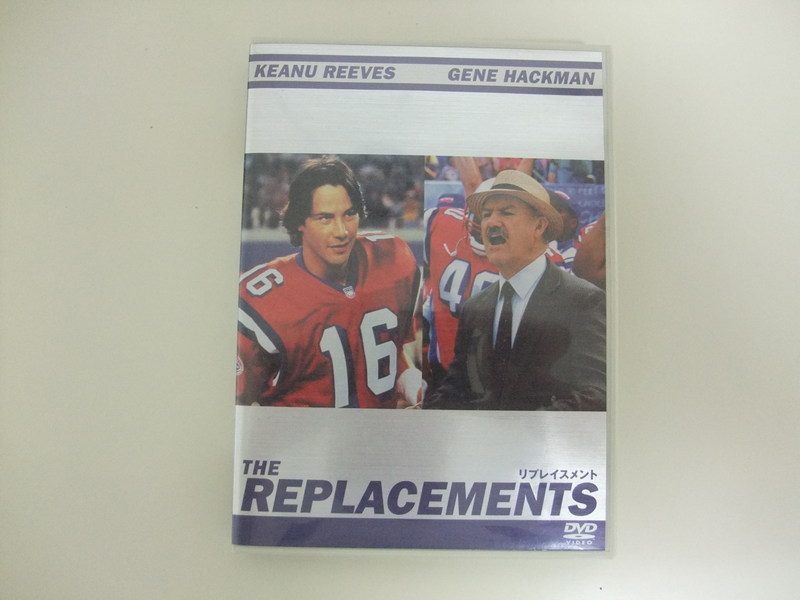
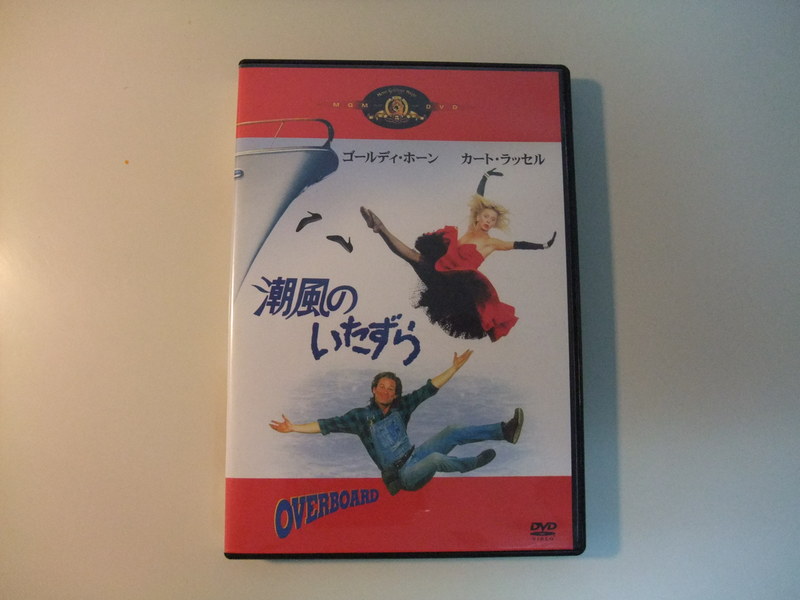

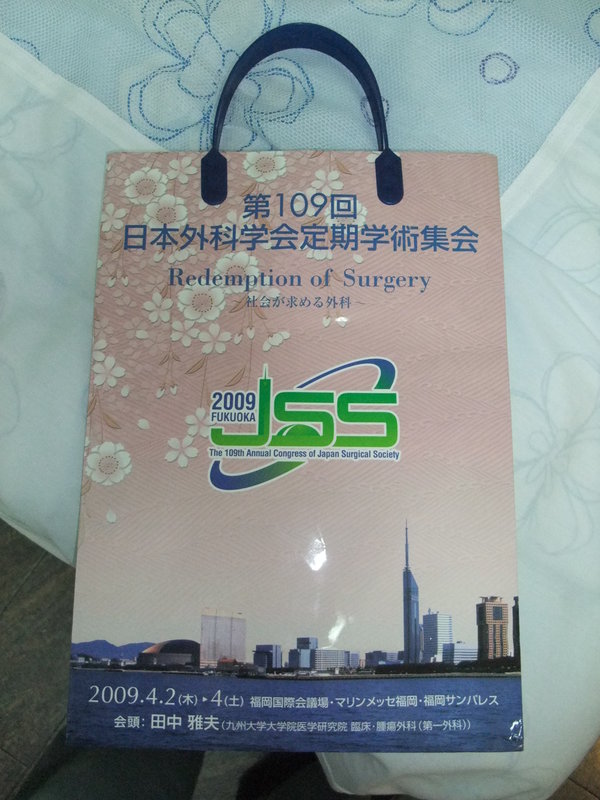

Recent Comments